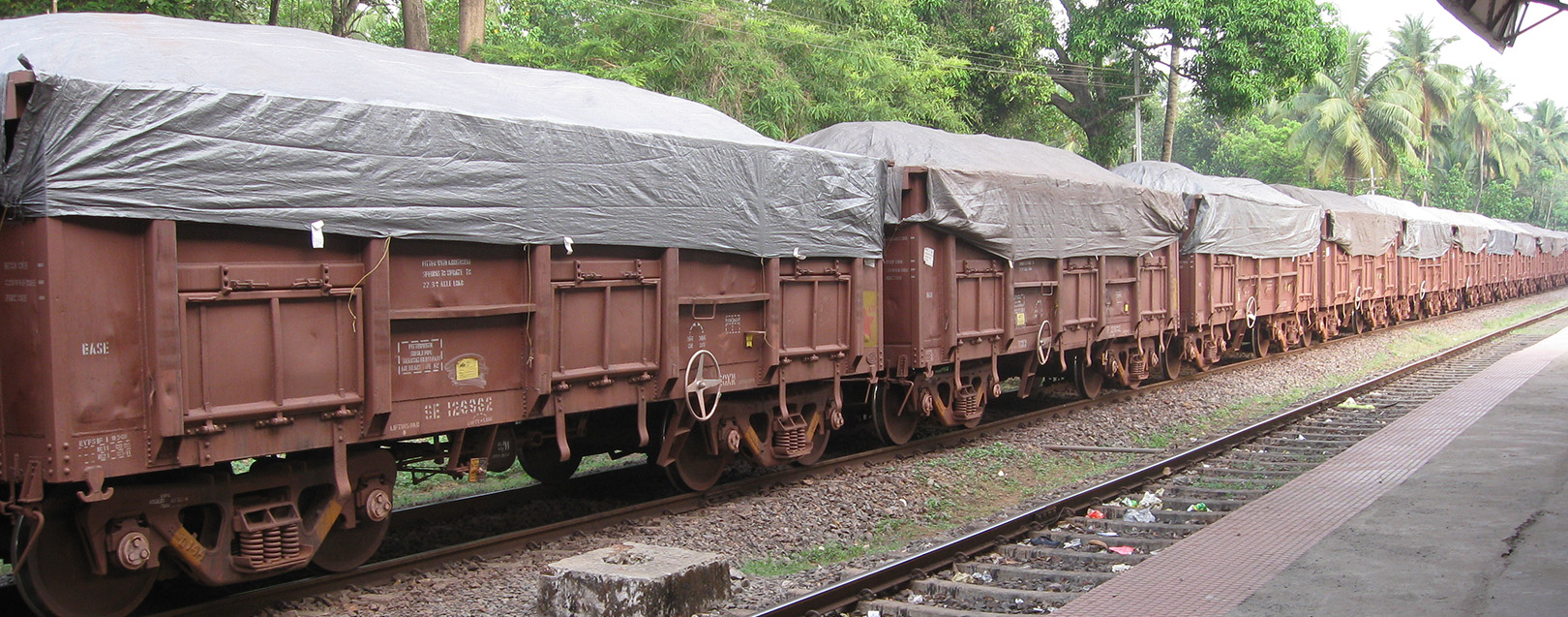
GST notification doesn’t end Govt’s power to levy excise
Sheela Mamidenna
There has been this confusion over the Amendment of Entry 84 of the Union List following which the Centre can levy excise only on petrol, natural gas, crude petroleum, high-speed diesel. The Finance Ministry clarified with a notification saying there is ‘no legal infirmity’ in the notifications issued by the Govt with regard to the GST Constitution Amendment Act.
While experts have raised apprehensions about the legality of levying excise duty by the Centre on various goods till the implementation of the GST from April 1, 2017, after the government on Sept 16 notified certain provisions of the Act.
The tweet by the Revenue Secretary Hasmukh Adhia put to rest all doubts with regard to the legality of levying the excise tax. He said, “The DoR (department of revenue) examined the validity and implications of notifications dated September 10 and 16 with respect to existing taxes imposed by the Union and states. There is no legal infirmity in these notifications.” He further clarified that “there appears to be no legal requirement to issue any further clarification or notification in this regard.”
Earlier in Entry 84 of the Union List, the Constitution allowed the Centre to levy excise duty on tobacco and other goods excluding opium, narcotic drugs and potable alcohol. But with the amendments, it was speculated whether the government had a legal validity to collect excise duty till the day the GST which will subsume excise duty in addition to service tax and other levies, is implemented.
Responding to a question over the confusion of the excise tax Karan Talwar, Partner, LakshmiKumaran & Sridharan (a certified law firm) Hyderabad writes, "the confusion over levy of Excise Duty and Service Tax after enforcement of the Constitutional Amendment Act flows from Section 17 which omits Entry 84 and 92C of List 1 in its present form-conferring power on the Centre to levy these taxes. Since one view is that Entry 97 of List 1 still empowers levy of both such duties, one may expect a clarification from the government highlighting this and the continuation of the present regime till GST is implemented. Else we may expect an amendment or a notification resolving clearly what appears to be only an unintended consequence."
Putting to rest the speculations and the arguments the Attorney General has relied on Section 19 of the Constitution Amendment Act, and has opined that (i) Section 19 protects the power of Central Govt. to impose central Excise levy during the transitional period of one year; (ii) Section 19 says tax on goods and services to be taxed in any 'state', which refers to geographic entity of state and not by states. (iii) withdrawal of power to levy tax lies with the competent authority and not the state legislature.






 to success.
to success.